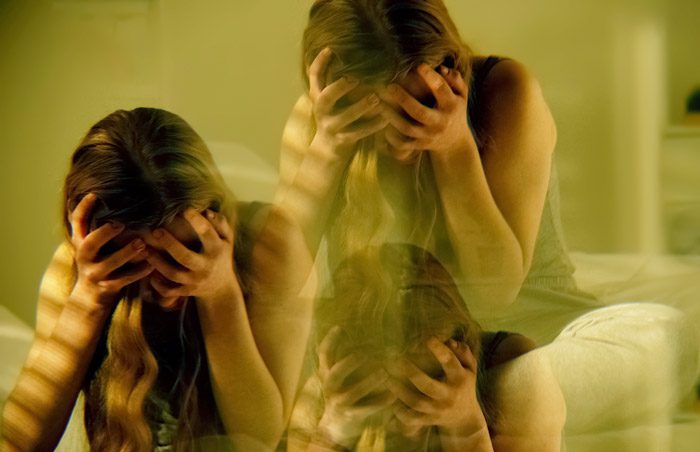 A night spent dancing with friends at a concert, bar, or nightclub can have lasting consequences if you turn to club drugs to fit in, unwind, and have fun. Despite the popularity of websites that claim club drugs are as safe as watersports or giving birth, this type of substance abuse comes with real risks.
A night spent dancing with friends at a concert, bar, or nightclub can have lasting consequences if you turn to club drugs to fit in, unwind, and have fun. Despite the popularity of websites that claim club drugs are as safe as watersports or giving birth, this type of substance abuse comes with real risks.
Types of Club Drugs
There are many different illegal drugs that fall under the broader ‘club drug’ umbrella, but some of the most common include:
- Cocaine. A powerful nervous system stimulant, cocaine gives users the energy to dance all night.
- Ecstasy. Also known as molly, ecstasy is popular as a party drug because it creates feelings of happiness and low inhibition.
- GHB. Causing euphoria, tranquility, and an increased sex drive, GHB can also sometimes induce amnesia.
- Ketamine. Intended for use as an anesthetic at veterinary clinics, ketamine can cause out-of-body experiences.
- LSD. Used for decades at raves, LSD is known for causing vivid hallucinations.
- Methamphetamine. Meth is popular at parties because it’s said to be a stimulant, euphoriant, and aphrodisiac.
- Rohypnol. This drug is often taken with alcohol to intensify its effects or to lessen the effects associated with high doses of methamphetamine and cocaine.
Potential Risks Associated With Frequent Use of Club Drugs
Although the risks associated with club drugs will vary depending on the substance being used, some of the potential risks include:
- Poisoning caused by contaminated drugs. Anytime you ingest an illegal drug, you have no idea of its potency or purity. The drug could be much stronger than you intended, or it could be contaminated with harmful additives such as laundry detergent or talcum powder.
- Accidental injury. Club drugs affect your judgment, coordination, and reaction time. This can make it easy to fall and hurt yourself. Or, you may decide to get behind the wheel and cause a car accident.
- Sexual assault. The club drugs GHB, Rohypnol, and ketamine are often referred to as “date rape drugs.” Attackers may persuade their victims to take the drugs willingly or secretly slip them into a victim’s drink. The drugs make it easier to overpower a person and cause memory loss that makes it harder to report an attack to the authorities.
- Worsening of preexisting mental health disorders. Sometimes, people with anxiety, depression, or other mental health disorders use addictive substances as a way to temporarily block the symptoms of their condition. However, repeated substance abuse inevitably leads to a decline in mental health.
- A criminal record. Law enforcement officers frequently patrol areas where drug use is common. An arrest for drug possession—even if it’s a first offense—can leave you with a criminal record that affects your future employment opportunities, your housing options, your ability to keep custody of your children, and much more.
- Overdose. All club drugs carry a risk of a potentially fatal overdose. This risk increases when a person is also consuming alcohol or taking any sort of prescription medication.
Recognizing the Signs of Addiction
If you’re in a setting where drug use is commonplace, it’s not always easy to recognize the signs of an addiction. However, if you agree with any of the following statements, treatment may be needed:
- I don’t feel normal unless I’m under the influence.
- I ignore friends, family, school, or work to spend more time using.
- When I can’t get high, I find myself craving my drug of choice.
- I’m unable to regulate my drug use, even when I want to stay sober.
- I’m having trouble paying other bills due to the amount of money I spend on drugs.
- My loved ones are worried about my drug use.
Getting Treatment
Asking for help can be scary, but it’s important to realize that addiction isn’t a weakness or a character defect. It’s an illness that requires professional treatment. And, just like with cancer, heart disease, diabetes, or any other serious illness, it’s easiest to treat if you seek help as soon as you realize you have a problem.
Waypoint Recovery Center’s South Carolina drug and alcohol addiction treatment program helps both men and women develop the skills necessary for lasting sobriety. Our services are personalized to fit individual needs but generally include detox, intensive counseling, 12-Step support, and holistic therapies that promote the habits associated with a wellness-focused lifestyle. If you’re ready to change your life for the better, we’re here to help.





